magic
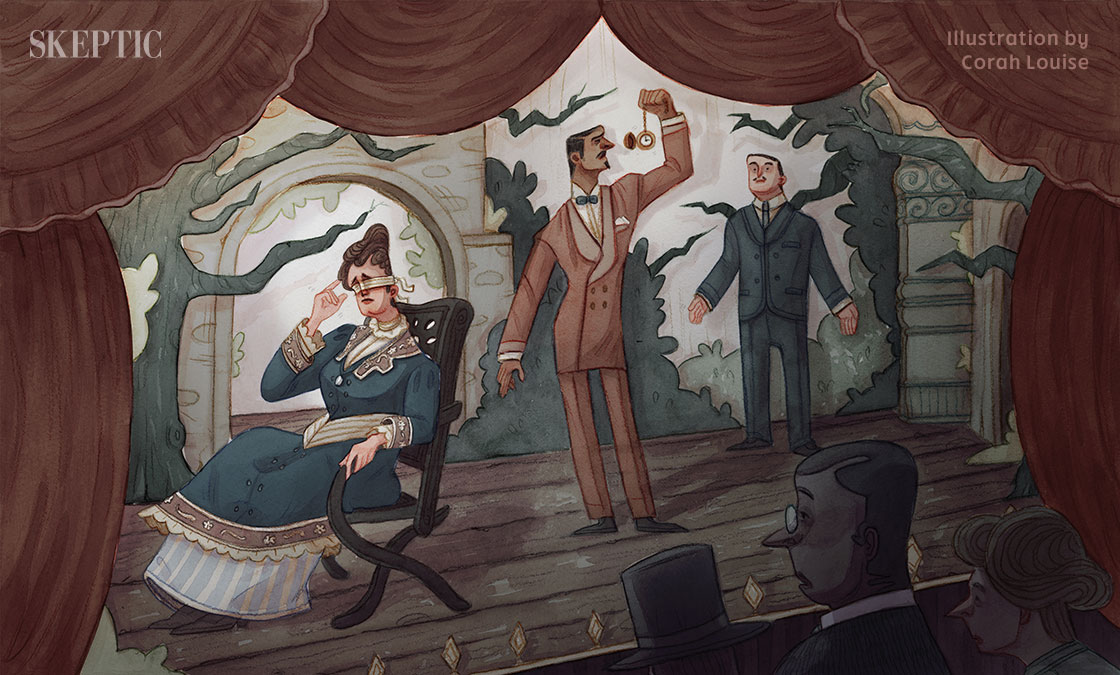
How can people appear telepathic, and what is the history of duos demonstrating this type of mindreading as entertainment? Two-person theatrical mindreading acts have been popular in the U.S. and Europe since the mid-1800s, with even earlier roots. Regular Skeptic magazine contributor, Michelle Ainsworth, reviews A First Look at Second Sight by Bob Loomis, and Cues: Variations on the Second Sight Act by Leo Behnke.
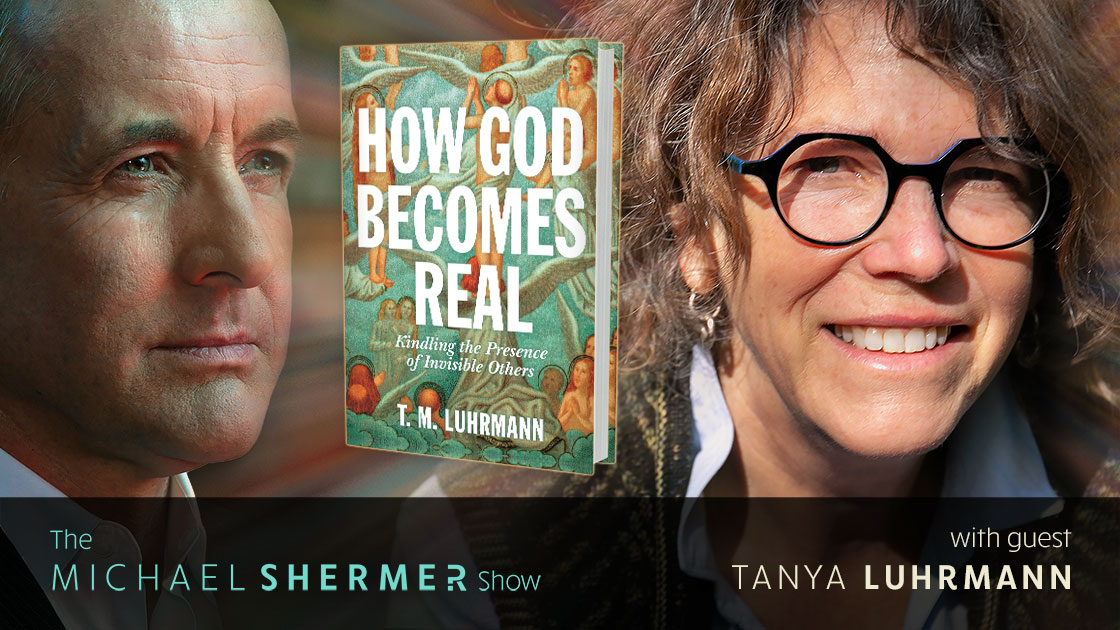
Shermer and Luhrmann discuss: the anthropology of religion • what it means when people say they “hear the voice of God” or are “walking with God” • normal “voices within” vs. hallucinations and psychoses • mystical experiences • anomalous psychological experiences • sleep paralysis and other cognitive anomalies • belief in angels and demons • absorption and religious beliefs • prayer vs. meditation vs. mindfulness • sensed presences • why people believe in God • empirical truths, religious truths, mythic truths…
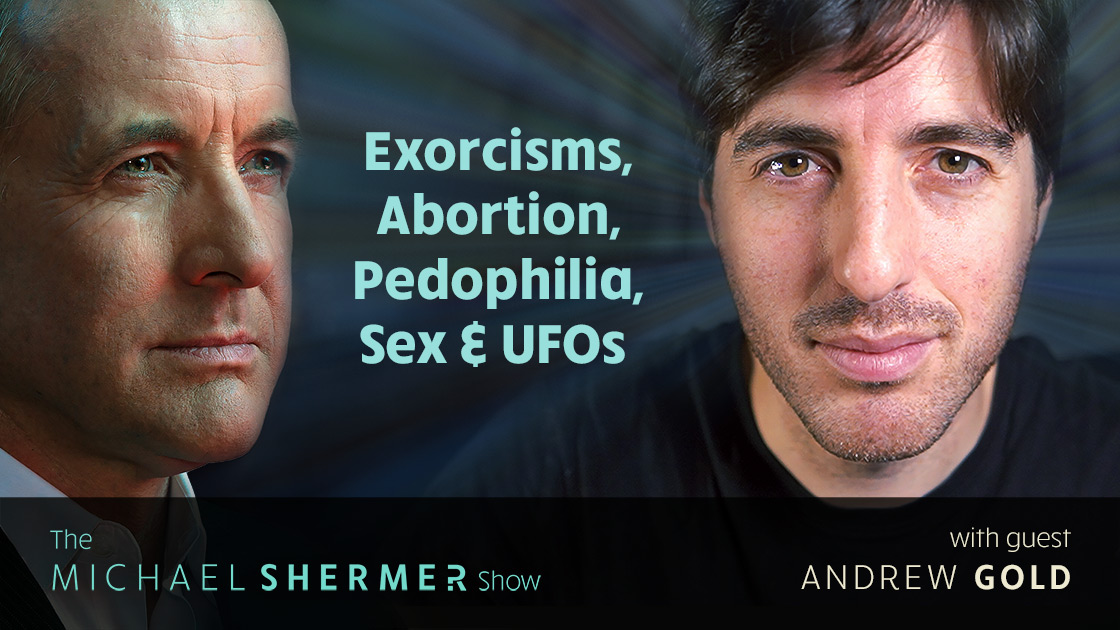
Shermer and Gold discuss: diversity, equity, and inclusion in the media • social justice movements and their motivations • bias in STEM fields • why people believe weird things • exorcism • UFOs • faith healers • Derren Brown and how magic works on minds • hypnosis • sex and where to have an affair • Ashley Madison • female/male differences in sexual preferences and choices • non-offending pedophiles in Berlin • the curious case of Jimmy Seville: why didn’t…
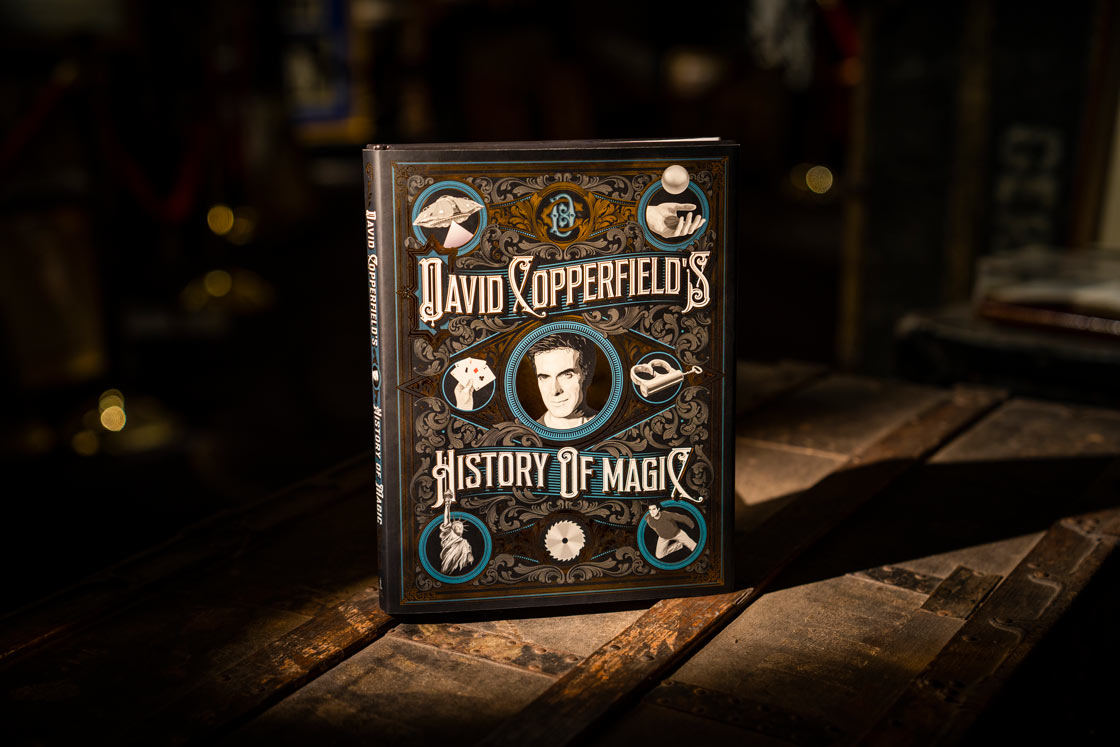
In this review of the new David Copperfield book on the history of magic our Skeptic magic historian and reviewer Michelle Ainsworth offers a concise history of the profession through the lens of the photographer who provided the illustrious photographs for the volume, based on Copperfield’s own museum and collection, including and most noteworthy artifacts from the most famous magician in history, Harry Houdini. Enjoy this gorgeous production through our review.
In episode # 207, Michael Shermer speaks with experimental social psychologist and Professor of Psychology at Wake Forest University, John Petrocelli about his research that examines the causes and consequences of bullshit and bullshitting in the way of better understanding and improving bullshit detection and disposal. PLUS, the newest issue of Skeptic magazine (26.3: UFOs and UAPs) is now available in print and digital formats.
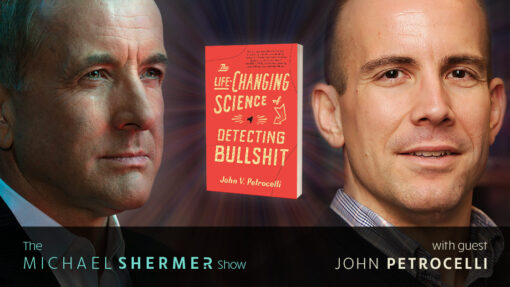
In episode # 207, Michael Shermer speaks with experimental social psychologist and Professor of Psychology at Wake Forest University, John Petrocelli about his research that examines the causes and consequences of bullshit and bullshitting in the way of better understanding and improving bullshit detection and disposal.
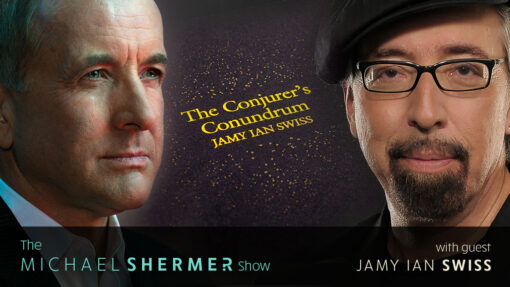
In episode 195, Michael speaks with internationally acclaimed sleight-of-hand artist and 35-year activist for scientific skepticism, Jamy Ian Swiss, about his lively, personal book, The Conjuror’s Conundrum, that takes readers on a magical mystery tour of the longstanding connection between magic and skepticism.
In episode 195, Michael speaks with internationally acclaimed sleight-of-hand artist and 35-year activist for scientific skepticism, Jamy Ian Swiss, about his lively, personal book, The Conjuror’s Conundrum, that takes readers on a magical mystery tour of the longstanding connection between magic and skepticism.
In loving memory of our friend James Randi who passed away at the age of 92 on October 20, 2020 we present a classic lecture on skepticism given at Caltech by James Randi on March 22, 1992 at the inaugural session of the Distinguished Science Lecture Series hosted by Michael Shermer and presented by The Skeptics Society in California (1992–2015). With wit and wonderfully illustrative examples, Randi teaches us several lessons on the scientific investigation of unusual claims.
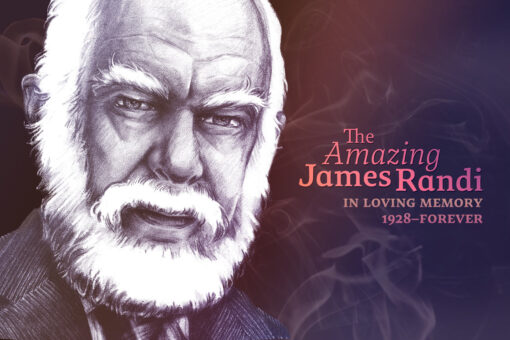
A classic lecture on skepticism was given by James Randi on March 22, 1992 at the inaugural session of the Distinguished Science Lecture Series hosted by Michael Shermer and presented by The Skeptics Society in California (1992–2015). With wit and wonderfully illustrative examples, Randi teaches us several lessons on the scientific investigation of unusual claims.
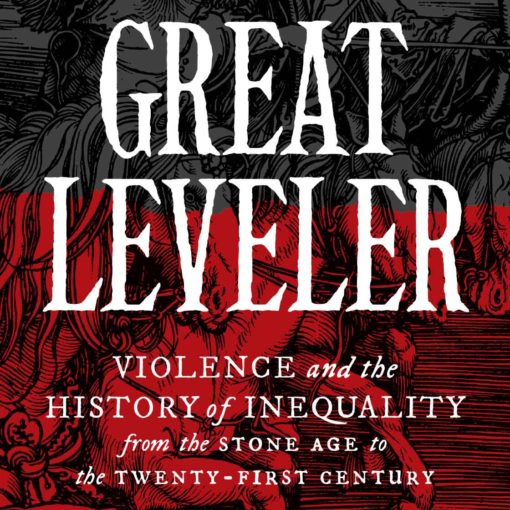
In this week’s eSkeptic: Michael Shermer explains why torture as a tool to obtain useful information doesn’t work. Skepticality speaks with Bob Loomis about the history of stage illusion. MonsterTalk interviews Sharon Hill about The Stone Tape theory.
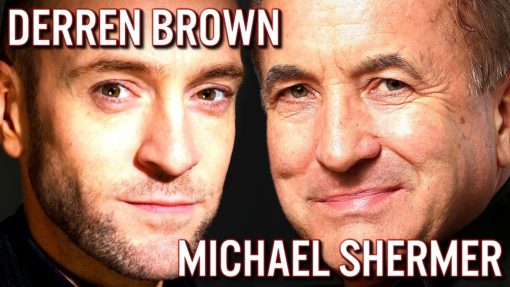
Derren Brown: Mind Control received immediate success after the TV show aired in 2000. His specials include Russian Roulette, Seance, The Heist, Hero at 30,000 Feet, How to Predict the Lottery, and Apocalypse. His live shows Something Wicked This Way Comes and Svengali have won him two Olivier Awards. He garnered the 2012 BAFTA for Best Entertainment for The Experiments.
IN THIS DELIGHTFUL SHOW of mind and magic Dr. Tony Barnhart, a cognitive scientist and part-time professional magician (with over 20 years of performing experience), shows how magicians are informal cognitive scientists with their own hypotheses about the mind. His work on the science of magic has been featured in Science News for Kids as […]
In this week’s eSkeptic, we present an article from the archives of Skeptic magazine, volume 13, number 1 in which Marjaana Lindeman & Kia Aarnio offer a new and integrative model that aims to explain superstition, magical thinking, and paranormal beliefs.
In this week’s eSkeptic, on the 80th anniversary of the Halloween 1926 death of Harry Houdini, we commemorate his legacy with an all-Houdini Halloween Special bonus episode of Skepticality (featuring an interview with escape artist James “The Amazing” Randi), and, a brief selection from poet Steven Price’s critically acclaimed poetic biography of Houdini, Anatomy of Keys.
In this week’s eSkeptic, Brian Ragle discusses the film Harry Potter & the Goblet of Fire.
Dr. Wiseman has established an international reputation for research into the scientific examination of unusual areas within psychology. This lecture covers his many interests, including: the Luck Project, lying and lie detection, the psychology of magic, eyewitness testimony, the psychology of the paranormal, ghosts and hauntings, and experimenter bias in ESP research.
A classic lecture on skepticism was given by James Randi on March 22, 1992 at the inaugural session of the Distinguished Science Lecture Series hosted by Michael Shermer and presented by The Skeptics Society in California (1992–2015). With wit and wonderfully illustrative examples, Randi teaches us several lessons on the scientific investigation of unusual claims.

















